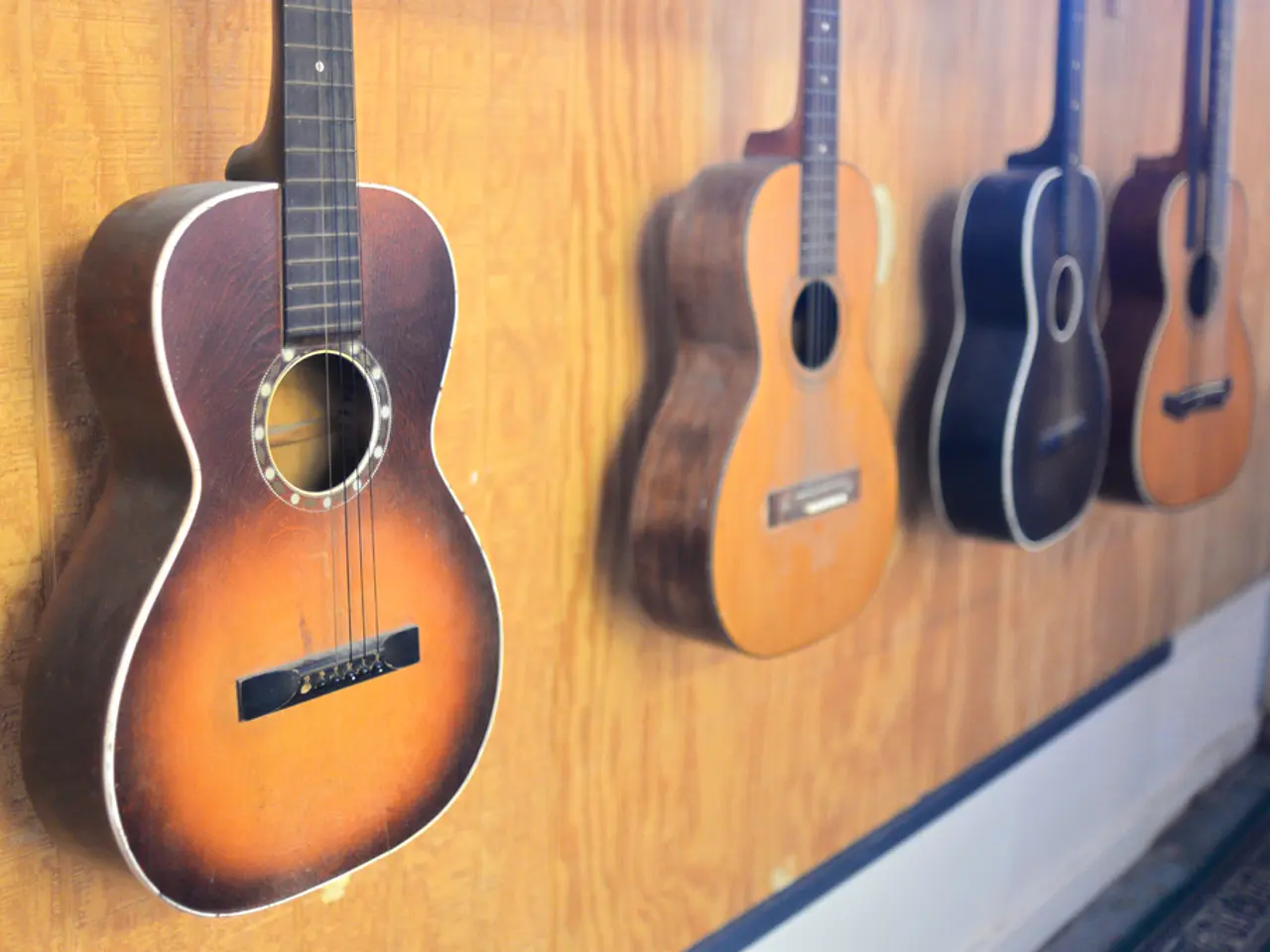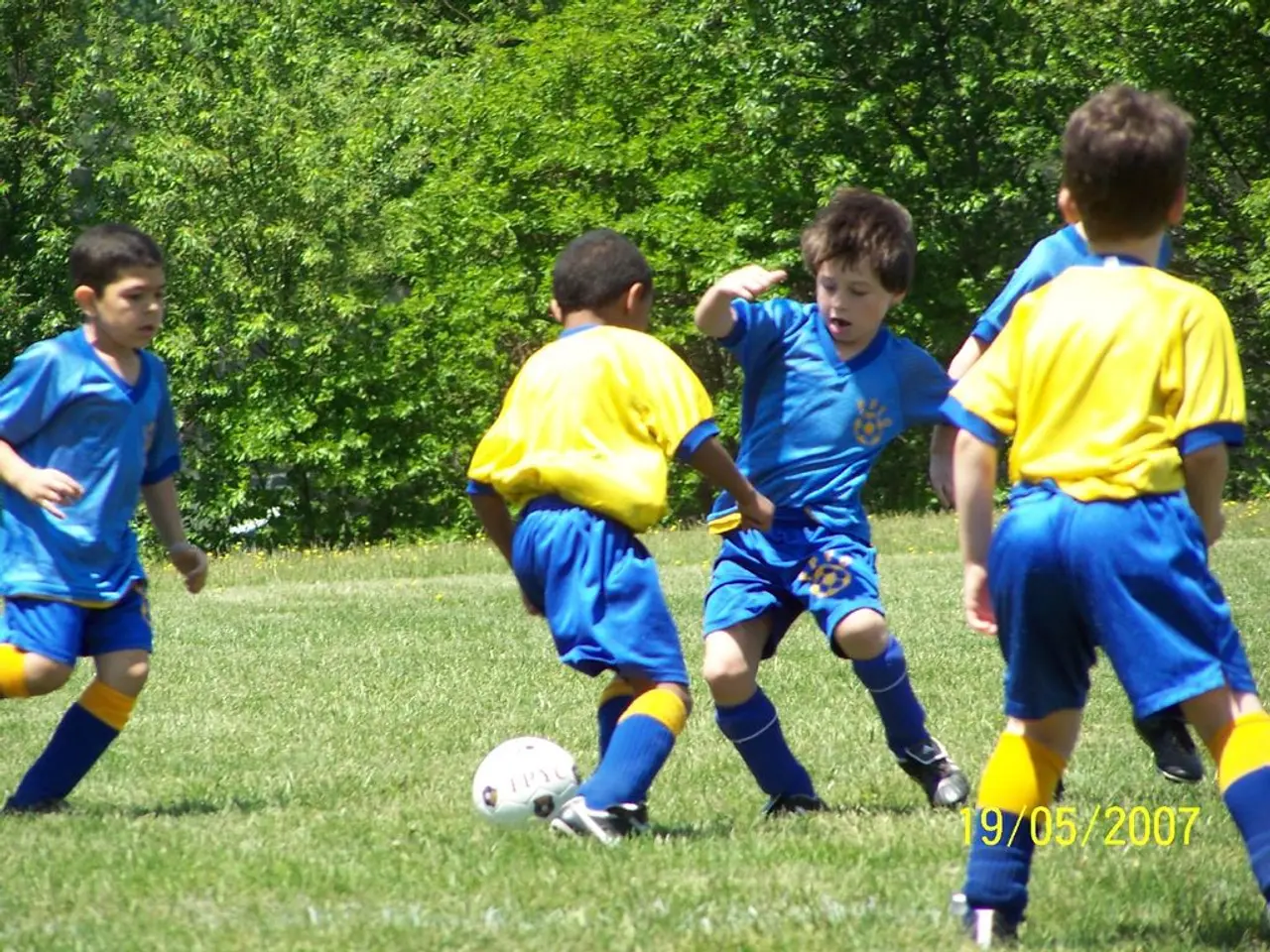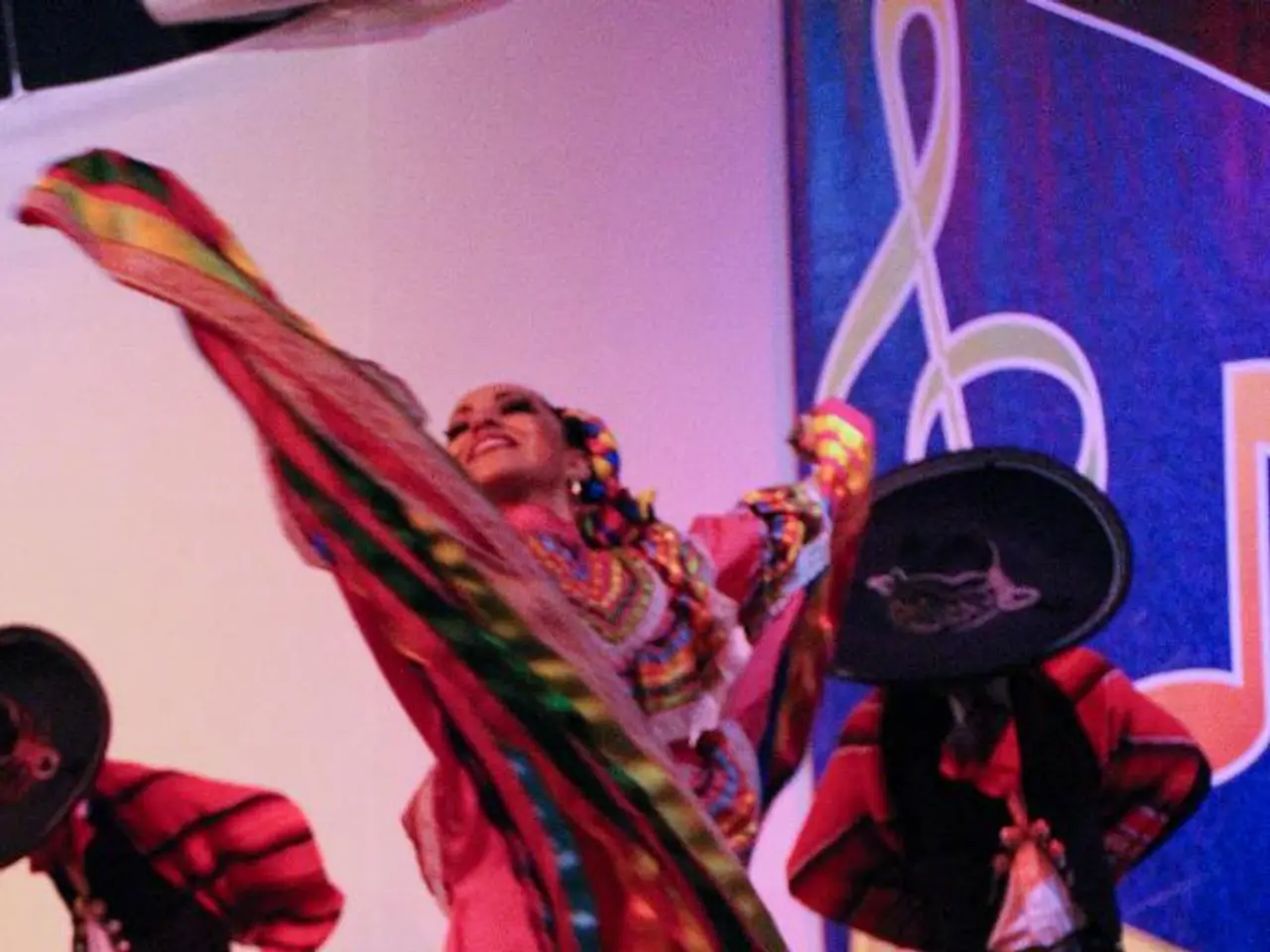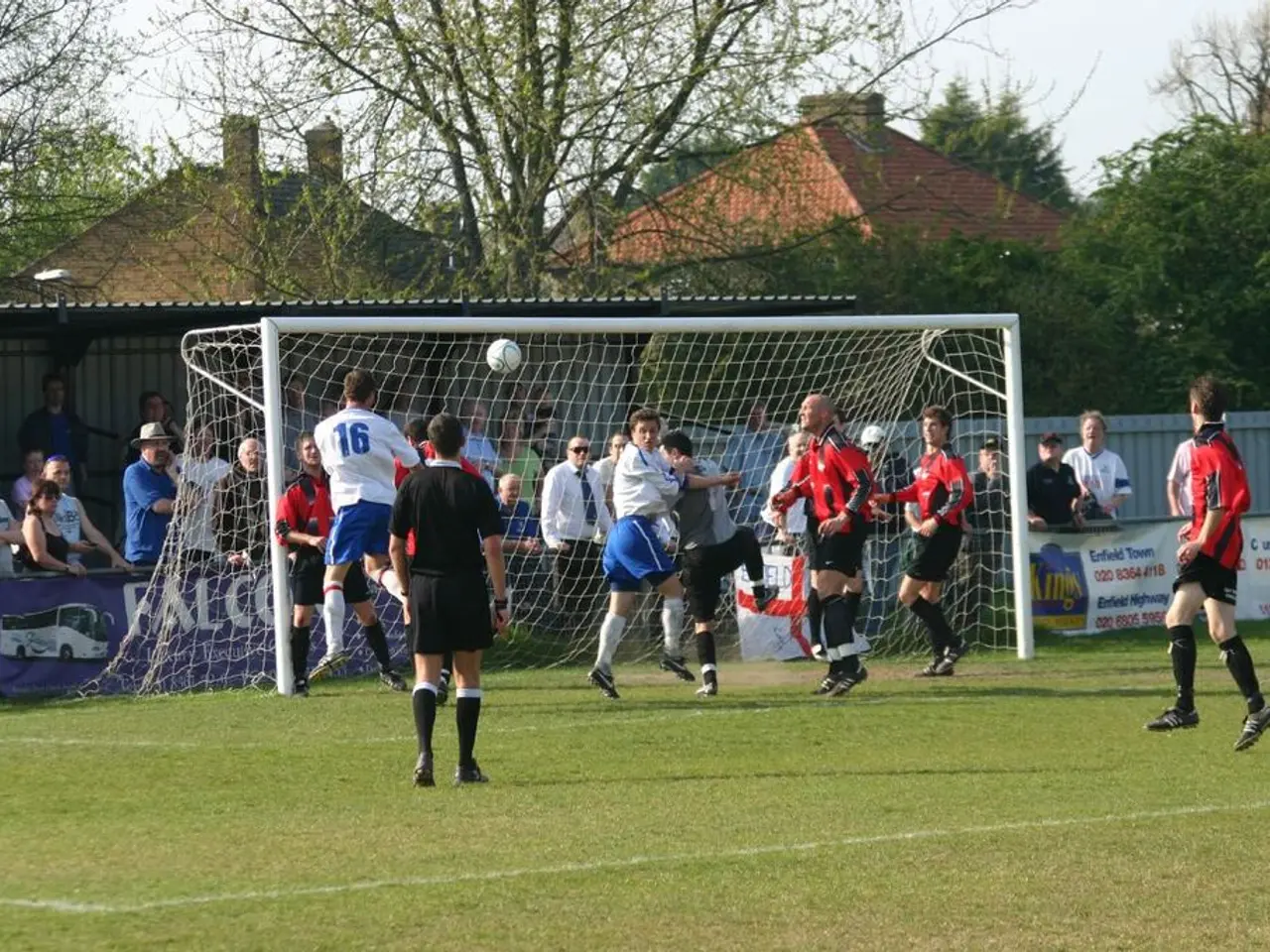Life Story of Elvis Presley
Elvis Presley's 1969 Comeback: A New Era in the King's Career
After an eight-year hiatus from live concerts, Elvis Presley made a triumphant return to the stage in Las Vegas in the summer of 1969. This comeback marked a defining moment in his career, revitalizing his status as the King of Rock and Roll.
The Music
Elvis' performances at the Las Vegas International Hotel (later Westgate) featured a mix of his classic hits and contemporary covers. One of the standout numbers was his energetic version of "Polk Salad Annie," which became a staple of his Vegas shows and inspired local tributes. The concerts showcased Elvis’s dynamic stage presence and reaffirmed his vocal and performance prowess.
The Entourage and Venue
Elvis' entourage and crew supported the demanding schedule of multiple shows daily, contributing to the polished presentations that thrilled audiences. The shows were staged in the showroom of the brand-new Las Vegas International Hotel, where Elvis had a private suite and used a service elevator to access the stage discreetly, avoiding casino floors. This setup maintained Elvis’s comfort and mystique.
The Impact on His Career
The comeback not only reestablished Elvis as a premier live performer but also redefined his later career years. His residency broke attendance and gross revenue records in Las Vegas, and the steady stream of sold-out shows from 1969 through December 1976 cemented his legacy as a Las Vegas icon. The shows featured his trademark jumpsuits and electrifying performances, sustaining his popularity up until his final shows, which ended with "Can't Help Falling in Love" and his signature farewell.
The Recording Sessions
Prior to his Las Vegas performances, Elvis recorded at American Sound Studios in Memphis in January 1969. These sessions resulted in 32 songs from a variety of genres, including "From Elvis in Memphis," which reached No. 13 on Billboard’s Top LPs chart and No. 2 on the Country LPs chart. "In the Ghetto" by Mac Davis became a Top Ten hit for Elvis Presley in the spring of 1969. Notably, "Suspicious Minds" and "Kentucky Rain," which were not included on "From Elvis in Memphis," were hit songs produced at American Sound Studios.
The Image Shift
"From Elvis in Memphis" helped alter Elvis Presley's image as a crooning movie star. Elvis chose not to re-create his earlier image for his Las Vegas performances, instead opting for a more complex sound that reflected the times. This shift in image and sound marked a turning point in Elvis' career, setting the stage for his continued success in the 1970s.
American Sound Studios, operated by Chips Moman, played a significant role in this transformation. The house band at the studio included musicians who were steeped in all forms of Southern music, providing a rich and diverse soundscape for Elvis' recordings.
In the summer of 1969, Elvis Presley performed at the new International Hotel in Las Vegas. He was paid a half million dollars for a four-week engagement, a testament to his enduring popularity. Despite the passage of time, Elvis' Las Vegas performances remain a pivotal moment in his career, marking his final great performance era characterized by commercial success, cultural imprint, and a lasting association with Sin City entertainment.
[1] - The King of Rock 'n' Roll: Elvis Presley [2] - Elvis Presley's Las Vegas Comeback [4] - Elvis Presley's Las Vegas Residency
[1] Elvis Presley's transformation in the late '60s, as depicted in his recordings at American Sound Studios and his energetic performances in Las Vegas, further cemented his status as the King of Rock 'n' Roll.
[2] The Las Vegas comeback not only revitalized Elvis Presley's status as a premier live performer but also solidified him as a key figure in pop-culture, with celebrities and audiences alike captivated by his entourage, the venue, and his dynamic stage presence.








